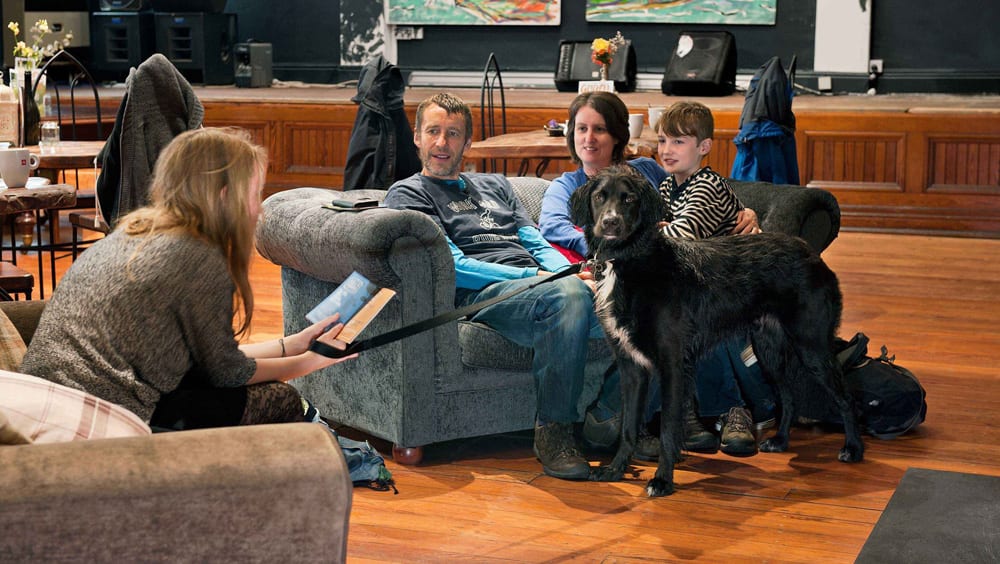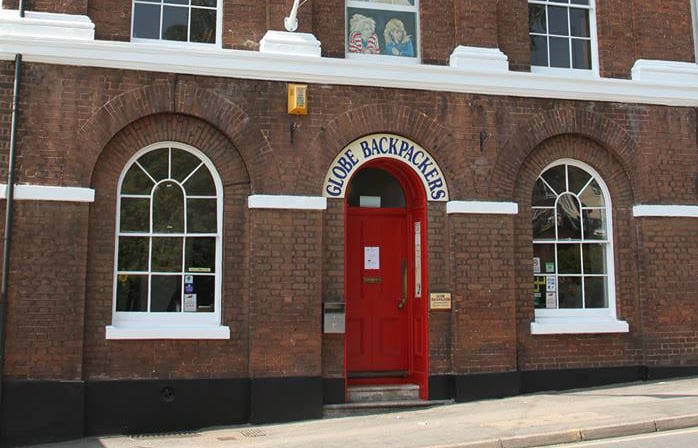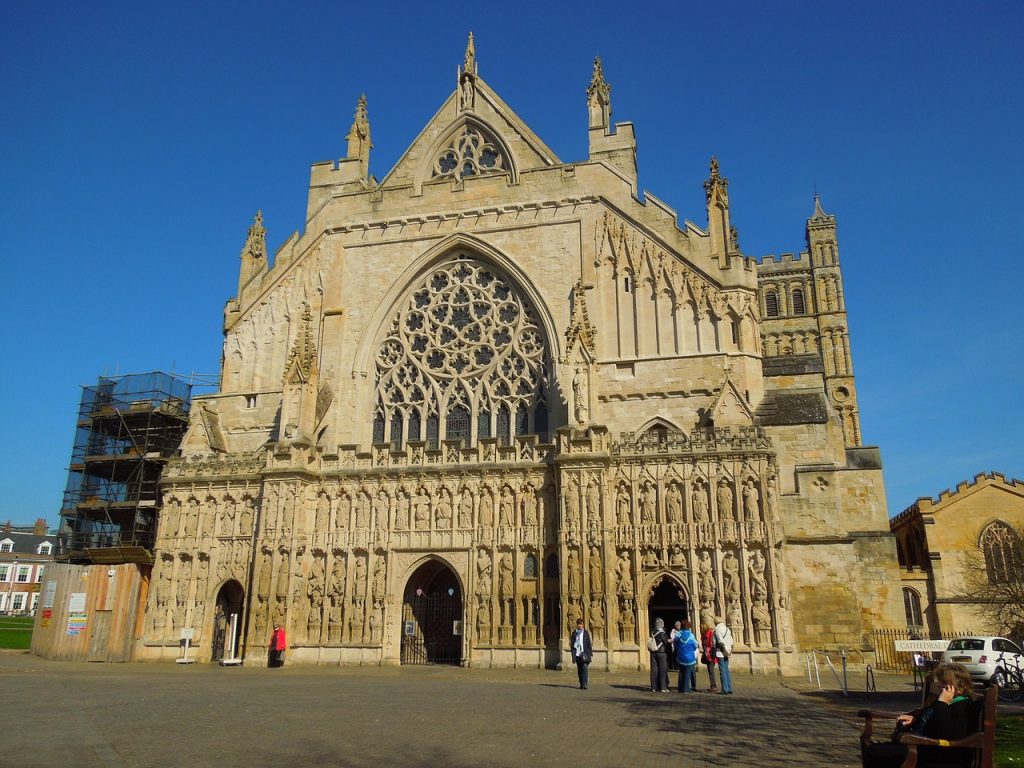By Ramy James Salameh
Most travellers will have stayed in a ‘Hostel’ at some point in their life, many taking with them memories that will last a life time. The pandemic has hit every part of our daily lives, but travel in all its forms has been hit specifically hard, with ‘Hostels’ fighting their own very personal battle. The thing is this style of accommodation plays “a vital role in promoting wellbeing by providing sustainable holidays for all” states Sam Dalley, Editor of the Independent Hostel Guide in the UK.
In an article called ‘Help for Scottish Hostels but what about the rest?‘ she highlights the fact that the Scottish Government are supporting Scottish Hostels with a £2.3m fund, and is calling out governance in England & Wales to do the same. This is a story which will resonate with hostels across the globe, many of whom simply cannot open, with the real possibility of never opening again.
Why does it matter so much? Dalley cites the “importance of the hostelling sector in supporting local communities and promoting sustainable and healthy tourism”, which is an incredibly valid point. She goes on to say that “Hostels contribute more than any other hospitality to wellbeing, connection with nature and the rural economy. We are calling on the English and Welsh Government to recognise their unique role by providing support now.”
It is a responsibility for all of us, whether in the UK or further afield, to help the ‘hostelling’ community survive. Whatever the contribution, whether that be spreading the word of making a plan to ‘stay when it is OK’, there is a far greater ‘Eco’, ‘Sustainable’ and ‘Ethical Travel’ reason to do so. On that basis, I wish to share my story of staying in one of the Independenthostels.co.uk here in the UK, and the way it helped me discover a wonderful city:
The Exotic Charms of Exeter
Stepping from the train at Exeter Central, I heard the calm reassuring sound of seagulls squawking overhead. Exeter is a place that immediately wooed me with its’ quaint cobbled pathways, wonky medieval architecture and ornate cathedral that remains head and shoulders above the city landscape.
I stayed at Globe Backpackers. Housed in an 18th century townhouse in the
very heart of Exeter, it has a magnificent façade where period features are mixed with fun murals.
Back in 1268 when the city and Cathedral were constantly at odds, a wall and several gatehouses were erected to keep the two separated, now a few narrow and cobbled alleyways branch out into the modern city beyond. This remarkable landmark, together with the medieval houses enclosing
the Cathedral grounds, provide a quintessentially English scene.
Intertwining history, culture, shopping and a first rate university are just some of the city’s most notable characteristics. The shopping precinct of ‘Princesshay’ lies within the City walls; remnants preserved at every twist and turn. A plaque can be seen on one stretch reading “Built by the Romans about 200 A.D, since repaired by others.”
The city’s student fraternity contribute much to Exeter’s’ multicultural and energetic feel. I happened upon a street performance by the footlights company. Such creativity is also the likely reason why a diverse mix of retro, curio and craft shops pepper the walk down towards the Quayside and the River Exe.
The Quayside offers its own collection of shops, restaurants and outdoor activities, which blend with 17th and 18th century warehouse buildings that in yesteryear would have been a hive of trading activity. Today, the hustle and bustle comes from weekenders trying to secure one of the prime seats outside the Quayside coffee shops to watch the ebb and flow of Exeter life.



